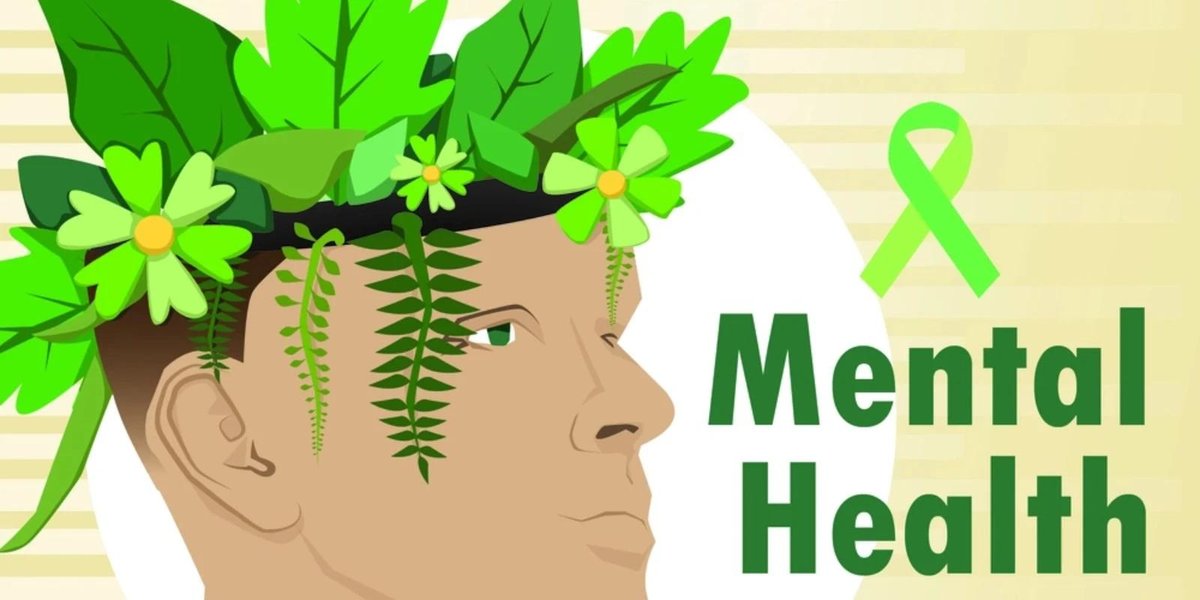DISPEL MENTAL HEALTH STIGMA DURING MEN’S MENTAL HEALTH MONTH
COMMENT
SHARE

Generally, men are seen as the providers of the household; they are portrayed as rugged and masculine and sometimes don't need to show emotions to be manly. Showing any signs of weakness is considered to be taboo, even in mental health. Over the years, there has been a change in this perspective; more men are now open to talking about dealing with mental struggles. Men may feel the same struggles and conditions that women and some individuals face. What matters the most is to make them feel that they are not alone and can get help whenever needed. This Men's Mental Health Month, let us celebrate and recognize the brave men deviating from the traditional stigma and those who are fighting for a better mental state.
What Is Men's Mental Health Awareness Month?
Men's National Mental Health Month became official in 1994, but it was first known as National Men’s Health Week; then, former President Clinton signed the observance to make it formal. This celebration aims to shed light on men dealing with mental issues. Men's Mental Health Month also encourages those suffering to be more open about their struggles to improve their well-being.
It also promotes education, awareness, and support for men who are dealing with various mental issues like anxiety, suicide, and depression. The celebration also provides a chance to destigmatize seeking professional help, emphasizing available resources, and promoting a community that values men's mental health.
Breaking the Stigma on Men's Mental Health Month
Daily, many males find themselves wrestling with old-fashioned perspectives about gender — and this struggle can contribute to their mental health issues. It also explains why many males have difficulty admitting that they need help.
The American Journal of Public Health posted a series of review studies dealing with the societal stigma around mental illness in 2022. It revealed that most men who are deeply affected by stigma are less likely to seek help for their mental needs, thus facing more challenges and heightened risk for mental illness.
Research shows that those who are treated for suicidal thoughts and depression have a low percentage of committing suicide. Sometimes, the lack of financial resources contributes to suicidal ideation. In times of hardship, getting emotional support can reduce those dark thoughts, which is the primary goal of Men's Mental Health Awareness Month.
Symptoms May Differ Per Individual
The same mental health issues may manifest differently in men and women. Males who have depression may show higher levels of aggression, anger, and irritability. Some may even show their distress in other ways. At the same time, females may display signs of low mood instead. Other symptoms of depression in males can include digestive issues, a racing heart, or headaches.
With the stigma of men being masculine and robust, they are more likely to see their doctor for physical than emotional symptoms. According to the National Institute of Mental Health, men who are suffering from depression may use alcohol as medication or other substances. Thus leading to exacerbate use and even putting their health at risk.
This Men's Mental Health Awareness Month, it is essential to let them know that seeking professional help is okay and acceptable.
Better Awareness During Men's National Mental Health Month
The initial step to managing mental health issues is to expand awareness and education on the topic. Launching national campaigns stressing that seeking aid is a sign of strength and a necessity for caring for one's overall health is essential.
During Men's Mental Health Month, having a community-based program can help counter the factors of mental health issues, especially in older men. Since most of the time, they may feel isolated and attempt to commit suicide. Thus, intervention to prevent such losses is integral in promoting healthy mental well-being in men.
Men's Mental Health Month is essential, but let us consider their mental well-being year-round. Today, it is more acceptable for men to seek help and talk about their feelings, but it is still important that we erase the stigma that men don't need mental health support.
Suggested reads:
Join the Conversation
Allison Kirschbaum
Veteran, Military History & Culture Writer at MyBaseGuide
Allison Kirschbaum is a Navy Veteran and an experienced historian. She has seven years of experience creating compelling digital content across diverse industries, including Military, Defense, History...
Allison Kirschbaum is a Navy Veteran and an experienced historian. She has seven years of experience creating compelling digital content across diverse industries, including Military, Defense, History...
Credentials
- Navy Veteran
- 7 years experience in digital content creation
- Expertise across Military, Defense, History, SaaS, MarTech, FinTech industries
Expertise
- Military History
- Naval Operations
- Military Culture
SHARE:



